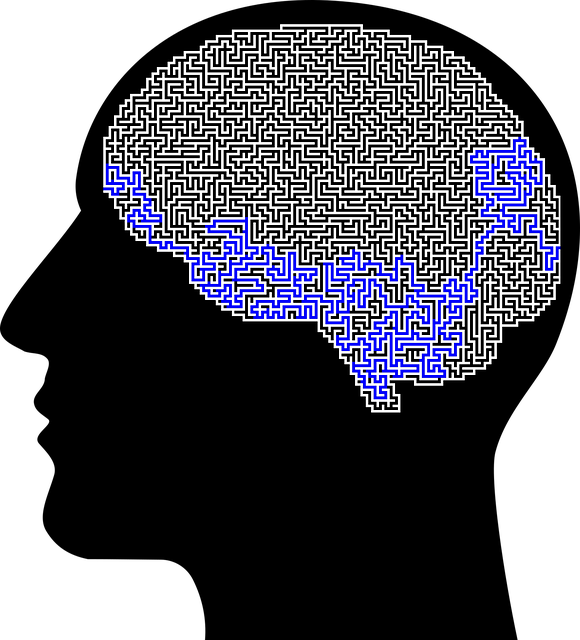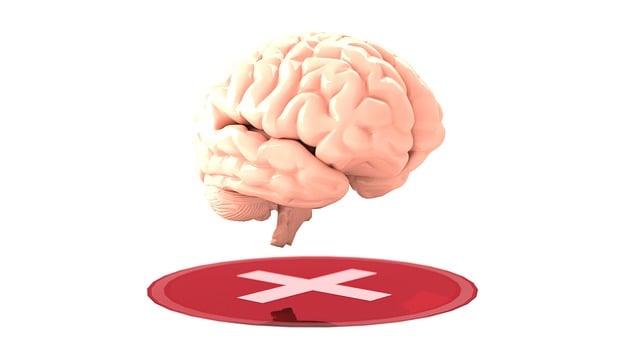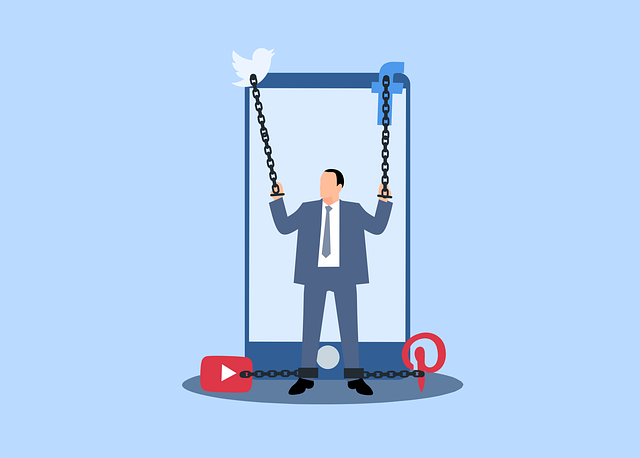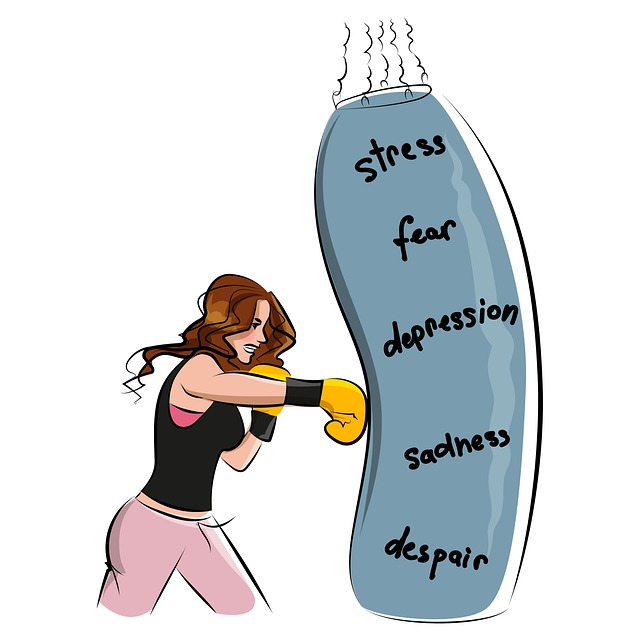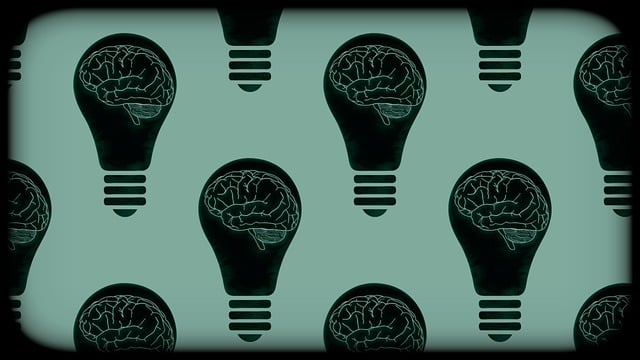Stress, a common challenge in modern life, can significantly affect adult mental health if not managed. Recognizing stress as a physiological and psychological response is crucial. Workshops focused on stress management provide effective tools through mental health evaluations, teaching self-awareness exercises and conflict resolution. These strategies enhance resilience, boosting overall well-being. Mental health professionals play a key role in risk assessments, ensuring tailored therapy for adults to combat chronic stress, which can lead to anxiety, depression, and PTSD.
Stress management workshops are powerful tools in addressing adult mental health challenges. This comprehensive guide delves into the design, implementation, and evaluation of such programs, focusing on chronic stress’s profound impact on mental well-being. We explore effective strategies, from identifying target audiences and tailoring content to creating safe learning spaces. By combining techniques like mindfulness, relaxation, and cognitive reframing with interactive elements, these workshops offer valuable therapy for adults’ mental health evaluations, fostering long-term resilience and improved quality of life.
- Understanding Stress and Its Impact on Adult Mental Health
- – Defining stress and its various manifestations
- – The relationship between chronic stress and mental health issues
Understanding Stress and Its Impact on Adult Mental Health

Stress is a universal experience that can significantly impact adult mental health if left unmanaged. It’s essential to understand stress as a physiological and psychological response to various life demands, triggers, or challenges. While acute stress can be beneficial, helping individuals focus and react quickly, chronic stress arises when demands outpace an individual’s ability to cope, potentially leading to severe mental health consequences.
Workshops focused on stress management play a pivotal role in empowering adults with effective coping strategies. Through therapy for adults’ mental health evaluations, participants gain insights into their stress triggers, learn self-awareness exercises, and explore conflict resolution techniques. These tools enable individuals to navigate stressful situations more adaptively, enhancing resilience and overall well-being. Moreover, risk assessments for mental health professionals become crucial components of these workshops, ensuring practitioners are equipped to identify and address clients’ stress-related issues effectively.
– Defining stress and its various manifestations

Stress is a multifaceted response to various internal and external stimuli, often characterized by physical, emotional, and cognitive symptoms. It can manifest in numerous ways, from mild irritability and anxiety to more severe conditions like chronic fatigue and insomnia. In today’s fast-paced world, stress has become an ubiquitous companion for many adults, impacting their mental health and overall well-being. Recognizing the subtle signs of stress is crucial for initiating effective management strategies.
The impact of prolonged stress can be profound, leading to a range of issues from increased blood pressure and weakened immune systems to heightened risk of depression and anxiety disorders. Therefore, organizing workshops focused on stress management becomes an essential initiative for promoting adult mental health. These sessions can equip individuals with valuable tools like mindfulness techniques, conflict resolution strategies, and healthy coping mechanisms, thereby fostering resilience and enhancing their ability to navigate life’s challenges.
– The relationship between chronic stress and mental health issues

Chronic stress can have profound effects on an individual’s mental health and overall well-being. When left unaddressed, prolonged exposure to stressful situations can lead to a range of mental health issues such as anxiety disorders, depression, and even post-traumatic stress disorder (PTSD). The brain’s response to stress involves complex neurochemical processes that, over time, can disrupt normal functioning, affecting mood, cognition, and behaviour. This is particularly concerning for adults who often face numerous stressors related to work, family, and personal responsibilities.
Mental health evaluations play a crucial role in identifying individuals at risk and providing them with the appropriate therapy for adults. By raising mental health awareness, workshops focused on stress management can empower people to recognize the signs of chronic stress and take proactive measures to develop inner strength. These sessions offer valuable tools and strategies to navigate life’s challenges more effectively, fostering resilience and promoting better mental health outcomes.
Stress management workshops play a crucial role in empowering adults to navigate life’s challenges. By understanding the impact of stress on mental health and utilizing effective coping strategies, individuals can enhance their well-being and overall resilience. Through therapy and mental health evaluations, these workshops provide valuable tools for managing chronic stress, thereby fostering better adult mental health outcomes.


